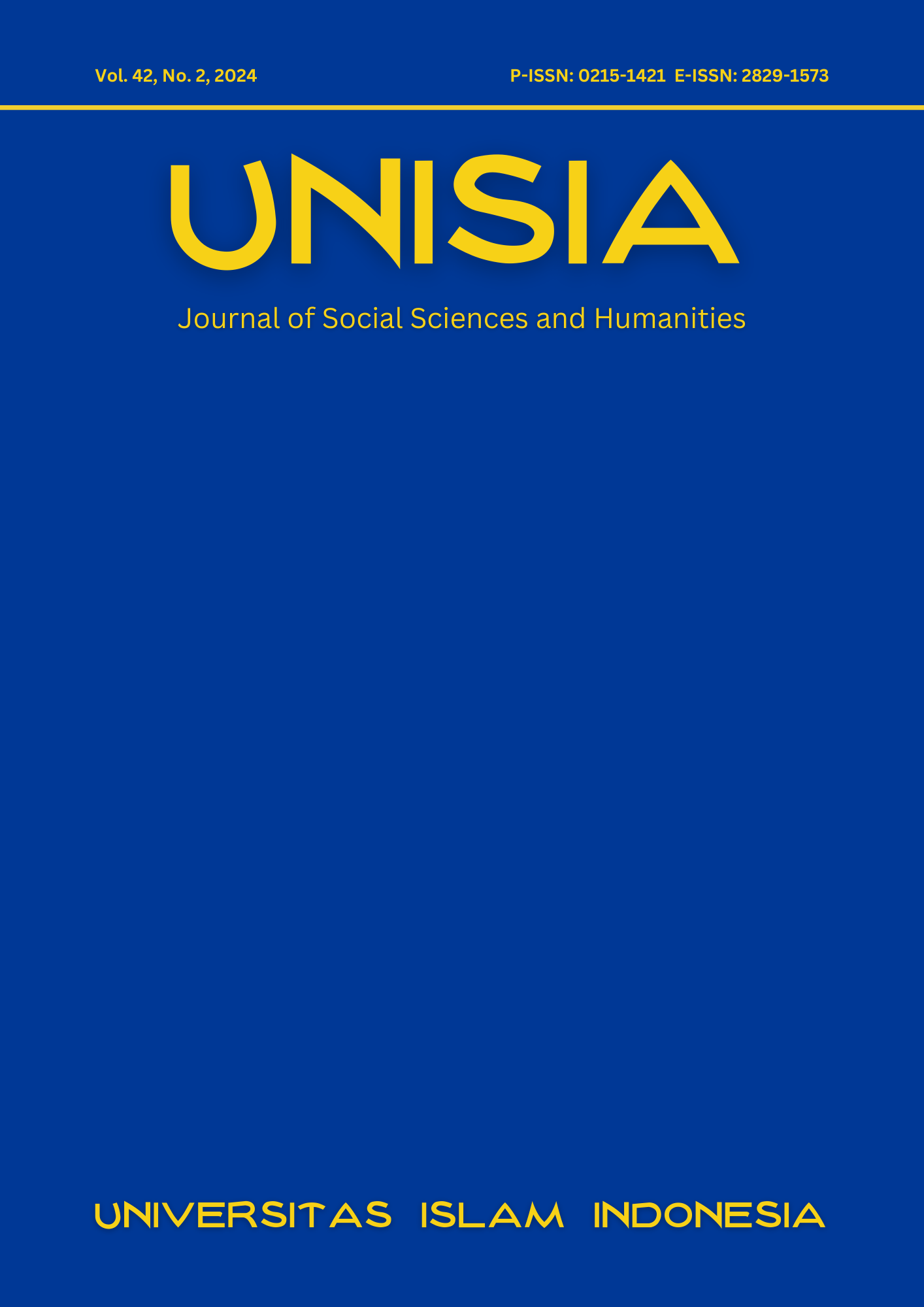Main Article Content
Abstract
Due to the rising pressure from population growth and environmental crises induced by anthropogenic food production activities, the production and consumption of insects have been promoted internationally. The current paper discusses the nutritional and environmental benefits of insect consumption and the socio-cultural and psychological factors that constrain such a habit on an international scale. Then, some historical and cultural information regarding insect consumption in Vietnam is provided to highlight the potential of insect consumption standardization. Unlike those in Western societies, where people exhibit significant psychological resistance to the idea of consuming insects as food, Vietnam has a longstanding tradition of entomophagy that can be traced back to Hoabinhian culture from 20,000 to 7,000 years BP, resulting in far less resistance to this practice. Despite the lack of research on entomophagy, its practice had an early scientific foundation at the beginning of the 20th century thanks to the early contribution of Nguyen Cong Tieu, a leading Vietnamese agriculture scientist since the French domination period (1884-1945). Nevertheless, insects are commonly viewed as street food or regional specialties but not dietary food, and the perception that insects are “poor man’s diet” persists, which can hinder the standardization of insect consumption within Vietnamese society. To capitalize on the nutritional sources from insects, we suggest that insect-eating should be embraced as an expression of progressive culture for environmental sustainability, and more interdisciplinary research in emerging countries, like Vietnam, could be conducted for the sake of good.
Keywords
Article Details
Copyright (c) 2024 Minh-Hoang Nguyen, Quan-Hoang Vuong

This work is licensed under a Creative Commons Attribution-ShareAlike 4.0 International License.
- Authors retain copyright and grant the journal right of first publication with the work simultaneously licensed under a Creative Commons Attribution License that allows others to share the work with an acknowledgement of the work's authorship and initial publication in this journal.
- Authors are able to enter into separate, additional contractual arrangements for the non-exclusive distribution of the journal's published version of the work (e.g., post it to an institutional repository or publish it in a book), with an acknowledgement of its initial publication in this journal.
- Authors are permitted and encouraged to post their work online (e.g., in institutional repositories or on their website) prior to and during the submission process, as it can lead to productive exchanges, as well as earlier and greater citation of published work.




